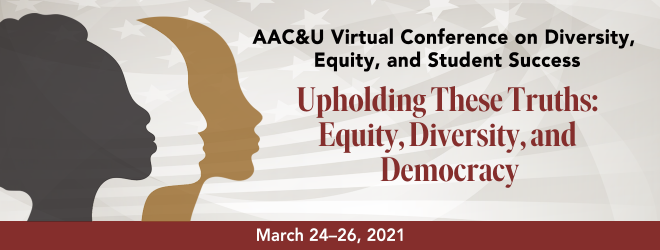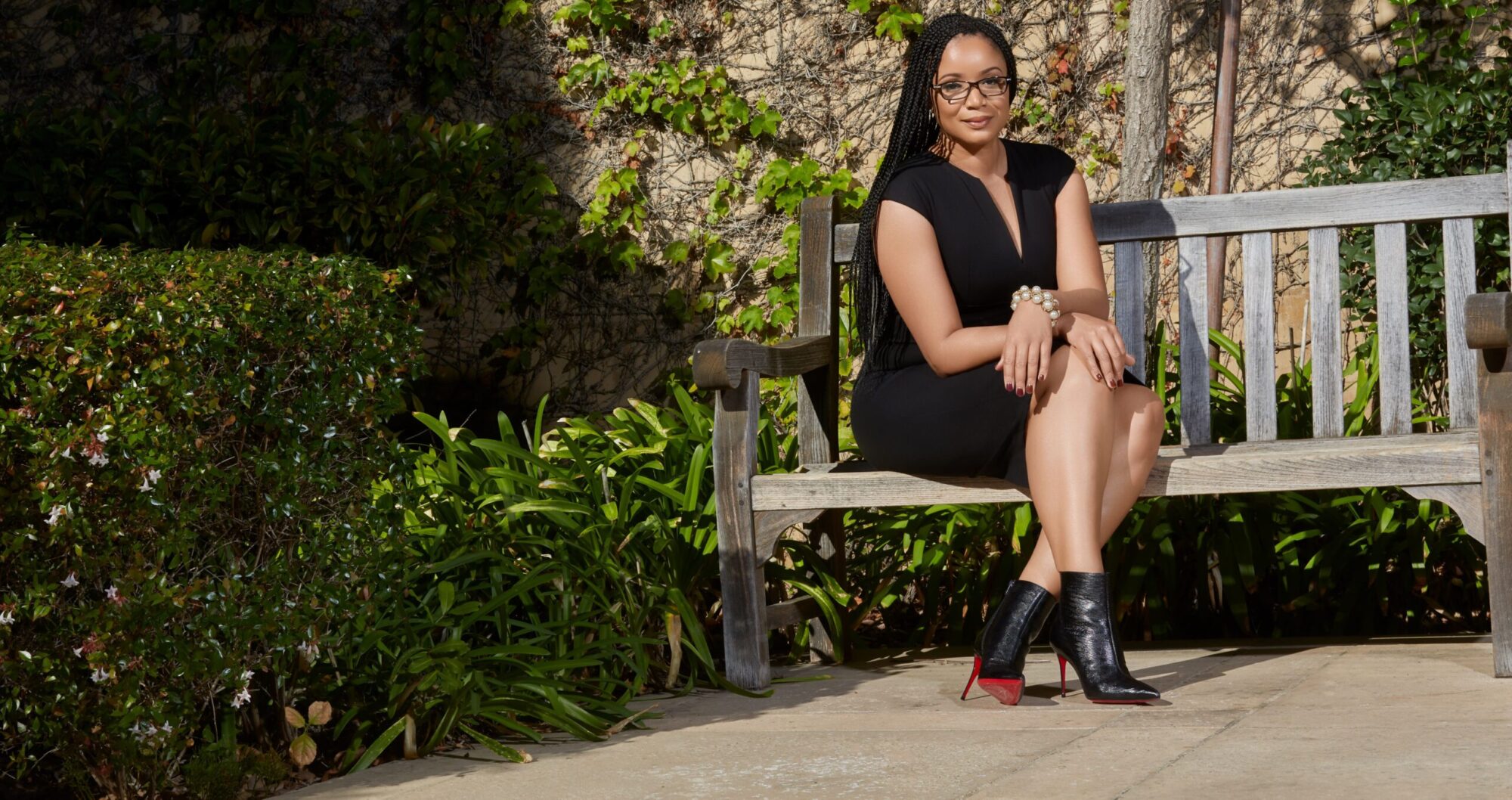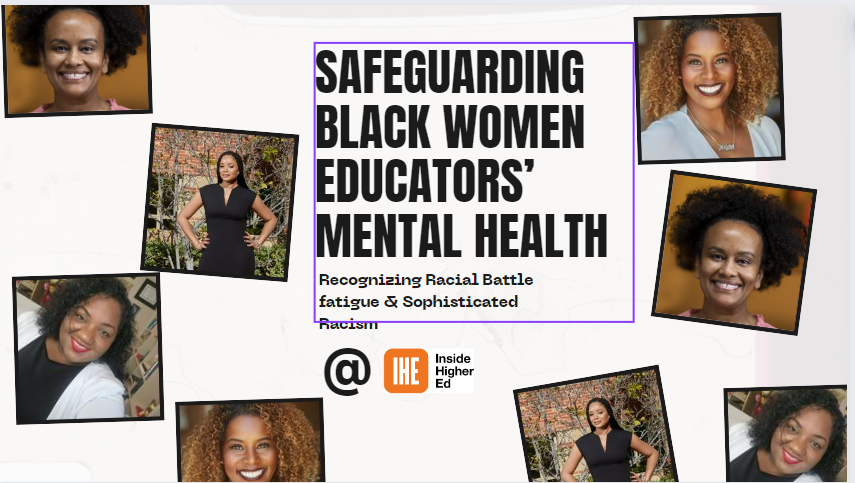February 2024 issue of Higher Education Digest® Magazine
Featured inside #WeAreTheCitation by Dr. Jálin B. Johnson

We Are the Citation – Honoring Lived Experience within Academia
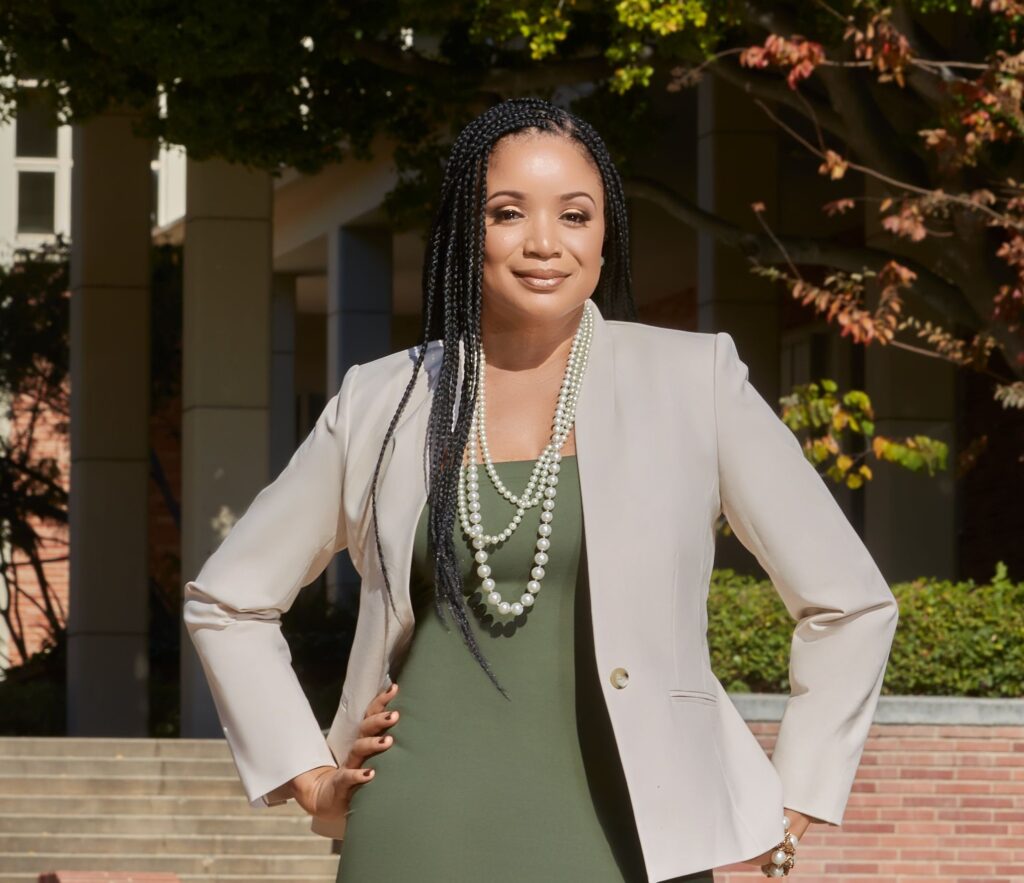
In the early fall of 2023, I shared the hashtag #WeAreTheCitation as part of a social media calling associated with amplifying the voices of Black Women and members of the global majority within higher education and in spaces of scholarship.
Much like the embraced call to “Cite Black Women,” noting that “We are the citation” incites recognition. Doing so requires acknowledgment that the lived experiences of members of minoritized groups are significant and add valued perspectives to scholarly discussion. Additionally, this call denotes that these experiences should be equally valued among commonly cited authors and scholars within institutions of higher education (IHEs). One path towards honoring these lived experiences is accomplished by highlighting them alongside those from groups considered predominant within Western-influenced, IHE scholarship.

Invisible Labor and Emotional Currency
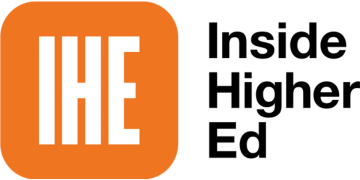
Jálin B. Johnson, Nakisha Castillo, Natalie V. Nagthall and Hawani Negussie describe the unseen impacts of higher ed’s cultural taxation on minoritized faculty and eight steps to help diminish those impacts. (October, 2023)
FUEL 2023
Inclusion & Diversity Panel: Inspirational Leaders discuss how Inclusion is key to the success of a digital future
• North America • Brazil • Europe • Australia • Japan • Southeast Asia •

Five Ways to Support Your Diversity Officer – Attainable Action Steps for Leaders and Managers
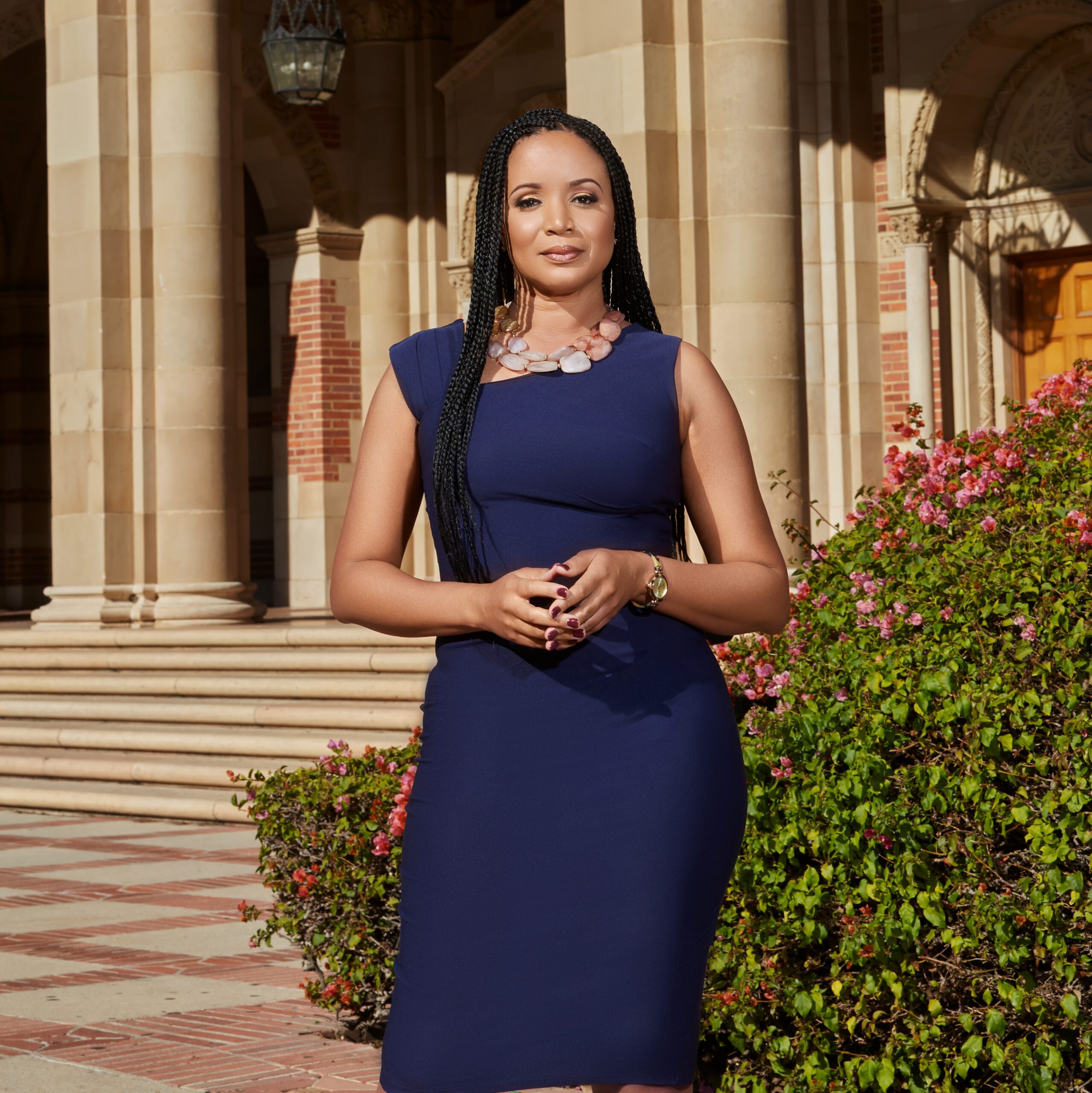
UMass Global community encouraged to view Black History Month as an invitation for year-long learning
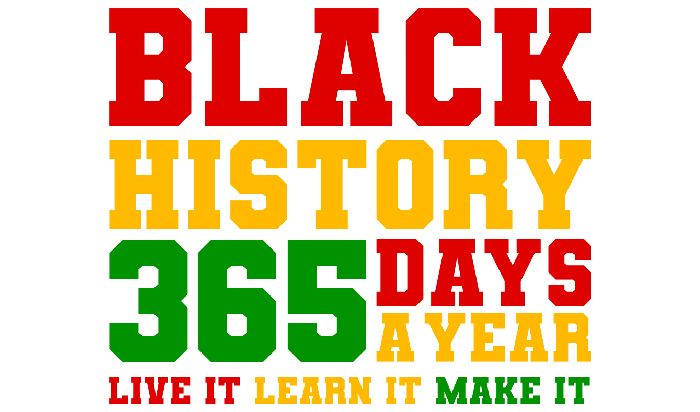
“In this year alone, we have navigated the suffering surrounding mass shootings in our communities, publicized confrontations for human rights, social injustice, inhumane loss of life, and global tragedies, said Dr. Jálin B. Johnson, vice chancellor of equity and inclusion and senior diversity officer.
“It is important that as we advocate for equity, we also allow space for acknowledging trauma, the lived experiences of others, and the need for healing,” Johnson continued. “Equally as important, as I have reminded myself and others throughout the years, we must give ourselves grace.”
CEEDAR Podcast
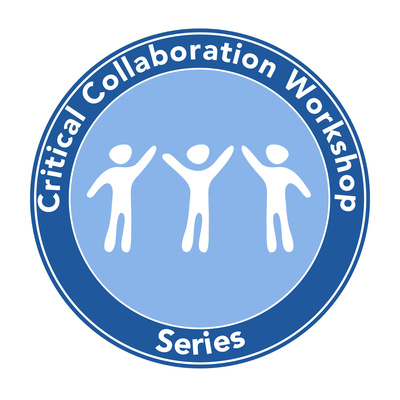
Thank you to the collaborators at #California #CEEDAR for inviting me to participate in their Critical Collaborations Series to discuss inclusive practices within the academy, guiding J.E.D.I. principles and innovative practices to advance advocacy work in IHEs. It was a pleasure to join our episode host Dr. Nicole Schneider and fellow esteemed panelists Dr. Nat Hansuvadha and Dr. Eric Engdahl. Thank you for all of the advocacy work you do in our communities. Supporting our students and modeling what it means to uplift our colleagues whose invisible labor, taxation, mentoring and community service, which can often go unnoticed, is valued and imperative.
Advocating for Equity
“Throughout the year, we have the privilege of connecting, collaborating and supporting our team members from across the university,” said Jalin B. Johnson, vice chancellor of equity and inclusion. “The many conversations we have, and the efforts we partner on, serve as community centered reminders for the OEI team. Taking the time – year-round – to honor, remember, build, create supportive spaces, and listen is imperative to advocating for equity. This is a key part of how we interact with others, build our own personal awareness, and continue the process of both learning and unlearning, in addition to making space for wellness and healing.”
UMass Global collecting faculty, staff and student stories via Advocating for Equity project
December 13, 2022 Print Article
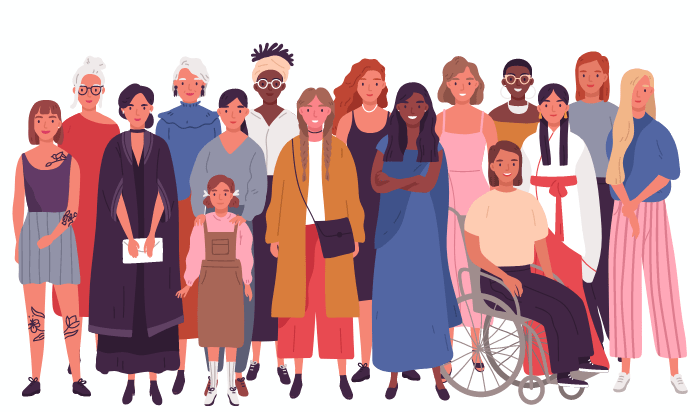
Members of University of Massachusetts Global’s faculty and staff spend countless hours helping students get closer to graduation, often finding this work satisfying and rewarding. Yet many among our ranks are also taking bold actions outside of work to make their neighborhoods and broader communities better places. With an eye toward sharing model stories on how colleagues can create a gentle balance between being a change agent while at work and at home, the Office of Equity and Inclusion (OEI) has launched the Advocating for Equity project.
“Throughout the year, we have the privilege of connecting, collaborating and supporting our team members from across the university,” said Jalin B. Johnson, vice chancellor of equity and inclusion. “The many conversations we have, and the efforts we partner on, serve as community centered reminders for the OEI team. Taking the time – year-round – to honor, remember, build, create supportive spaces, and listen is imperative to advocating for equity. This is a key part of how we interact with others, build our own personal awareness, and continue the process of both learning and unlearning, in addition to making space for wellness and healing.”
OEI is strongly encouraging submissions from faculty, staff, and students who would like to share their experiences. Stories that could be shared under the Advocating for Equity banner include accounts of personal service with organizations promoting social justice, organizations helping people who live with disabilities, resource and cultural centers, or faith-based or non-denominational groups. OEI is also interested in accounts of community happenings in which “extending equitable advocacy, support and resources for others, is the focal point.”
You can find the OEI online portal here. For more information, please contact the Office via OEI@umassglobal.edu.
We look forward to learning more about how our faculty and staff are changing their communities for the better.
Recognizing the importance of diversity and inclusion in higher education
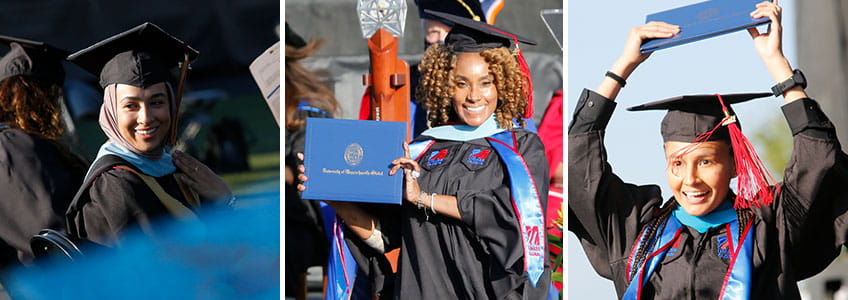
The desire to learn and grow one’s own understanding of the world and its wonders is an innately human urge. All people should have the chance to attend a supportive and welcoming school. Yet throughout its history, the American school system has failed to provide this opportunity to students from marginalized communities.
Recently, the importance of diversity and inclusion (D&I) in all spaces — including higher education — has been pushed to the forefront of the national consciousness. Institutions and organizations of all kinds have started new D&I initiatives and/or doubled down on existing efforts.
To better understand this critical work and why it is an essential part of a college education, we spoke with Hugo Yepez, director of strategic plan evaluation and assessment, and Dr. Jalin B. Johnson, vice chancellor of equity and inclusion, chief diversity officer and professor. Yepez and Dr. Johnson serve students through their work in the Office of Equity and Inclusion (OEI) at University of Massachusetts Global.
Inclusivity in Social Work
| September 13, 2022 Inclusivity in Social Work  |
| Recognizing an imperative to better prepare students for service in a multicultural and diverse nation, UMass Global social work faculty have spent two years engaging with the university’s Office of Equity and Inclusion to improve practices within their department. Professors and staff who have devoted their time to adding JEDI (Justice, Equity, Diversity, and Inclusion) concepts to the learning experience will soon discuss their work at the annual meeting of the Council on Social Work Education. The convention, themed “Leading Critical Conversations: Human Rights are Global Rights,” is scheduled for Nov. 10 through 13 in Anaheim and will provide a venue for social work faculty and OEI staff to share the steps they have taken to enhance inclusivity within the Department of Social Work. These actions include updating student materials and a series of faculty retreats focused on discussions of antiracism. “I’m always excited when we can see the efforts coming to fruition in settings outside the university … it’s good to see not only the work we’ve done in our university but also how it can impact other universities,” said Hugo Yepez, director of OEI strategic plan evaluation and assessment. Faculty members Jeannine Meza, assistant professor of social work; Amber J. Ramirez, associate professor of social work, and Justine Rangel, assistant professor of social work, plan to lead a panel discussion during the November gathering. Yepez is also scheduled to join the presenters and Dr. Jalin B. Johnson, vice chancellor of equity and inclusion, and OEI staffer Jenny Park, equity and inclusion specialist, are set to participate by helping to respond to audience questions. Meza, one of the faculty members involved in this effort, pointed to research showing U.S. social work students often graduate without obtaining sufficient knowledge of how to serve diverse clients. This realization inspired faculty members to enhance antiracist components of social work programs, discussing such resources, such as Ibram X. Kendi’s “How to be an Antiracist.” “Through these conversations, we developed a better understanding of one another as faculty and staff,” Meza said. “We created a pool of resources to utilize for curriculum revisions to be an antiracist and antioppressive social work program. This will be our area of focus for 2022-23.” The Council on Social Work Education’s anti-racism principles, as outlined in the body’s 2022 Educational and Accreditation Standards, are also informing the process of updating social work programs. The Department of Social Work’s own Diversity, Equity, and Inclusion Committee formed prior to the 2020 creation of OEI, Johnson said. Social work faculty have since worked closely with OEI to update their department’s programs and practices. This collaboration has resulted in updates to student handbooks and manuals involving such additions as gender-neutral language and anti-discrimination statements, as well as care to ensure that other materials referred to in the documents are accessible. OEI staffers are now engaged in similar work with additional academic departments and will be responsive to requests from others seeking to align their operations with best practices in diversity, equity, and inclusion. “We always go where we’re invited, which is a wonderful thing,” Johnson said. |
OEI J.E.D.I. Day (Inaugural)
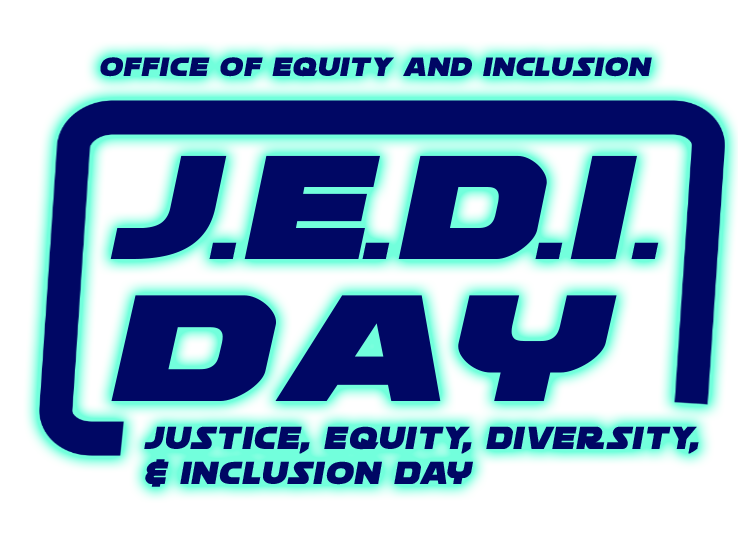
In December of 2020 – when first taking on the role of Vice Chancellor of Equity and Inclusion/Diversity Officer – the vision that was “OEI J.E.D.I Day” was but a seed.
A hope for our community to come together and engage with one another surrounding discussions focused on justice, #equity, diversity and inclusion, held the promise of transformational change.
This MayThe4th – that vision of hope became a reality.
It took collaboration, partnership, trust, altruism and advocacy.
It was but for the tireless efforts of Hugo Yepez, M.Ed. and the unwavering support from Jenny Min Jung Park that this vision of hope was realized.
It is due to the time, passion, commitment, diversity of thought, and trust given by so many students, alumni, staff, faculty and administrators in our community, that the world’s first ever OEI J.E.D.I. Day was realized.
I am humbled.
I am thankful.
I am hopeful.
Driving Institutional Change: Building Upon the Invisible Labor and Lived Experiences of Black, Minoritized, and Underrepresented Employees
Association of American Colleges and Universities conference
Presentation: Driving Institutional Change: Building Upon the Invisible Labor and Lived Experiences of Black, Minoritized, and Underrepresented Employees
We appreciated the opportunity to connect and engage with so very many members of the academy. Thank you to my fellow presenters and colleagues Dr. Nakisha Castillo and Dr. Hawani Negussie
